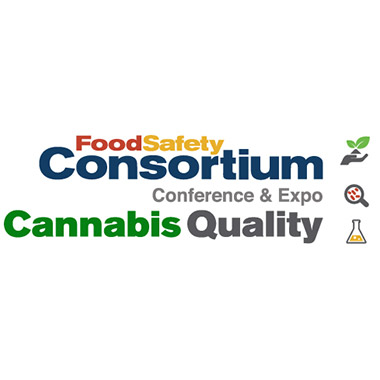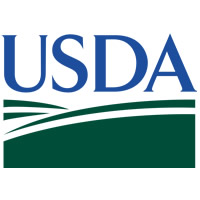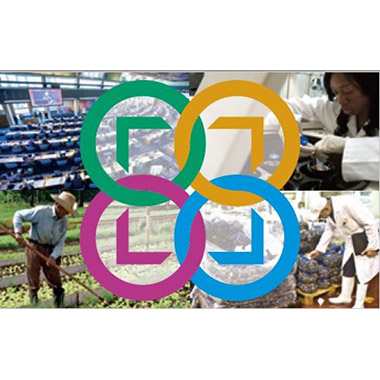

Misinformation surrounding pest control can lead to costly mistakes, regulatory troubles and even potential health risks. Following are some of the most common myths surrounding pest control as well as the top strategies for exclusion and control.

Misinformation surrounding pest control can lead to costly mistakes, regulatory troubles and even potential health risks. Following are some of the most common myths surrounding pest control as well as the top strategies for exclusion and control.

The FDA and Stop Foodborne Illness are hosting a complimentary webinar, “Facing Food Safety Challenges through Culture and Persistence,” on September 13. The event is the eighth webinar in the ongoing food safety culture series developed for industry professionals.

Food safety and quality professionals can take advantage of three days of education, networking and panel discussions at the 11th Annual Food Safety Consortium, October 16-18 in Parsippany, New Jersey. This year’s event is co-located with the Cannabis Quality Conference and Food Defense Consortium.

Undeclared allergens are the leading cause of food and beverage recalls. While government regulations aim to protect individuals with food allergies by requiring food labels to disclose ingredients, the fast-paced and ever-changing landscape of food regulation creates opportunities for risks such as allergen cross-contact. By developing an Allergen Management Program, businesses can lessen the risk of costly contaminations, recalls and reputational damage.

“We need to ensure our youth have the education and training they need to accelerate the development of an agricultural system that is climate-smart, sustainable, profitable and equitable. This historic investment from the Biden-Harris Administration in our nation’s Minority-serving Institutions brings us closer to building a workforce that represents the richness and diversity of all the communities we serve.”

Knowing where biofilms are most likely to form as well as the steps to thoroughly removing them from surfaces can reduce the risk of food contamination and prolong the life of your equipment.

Stacy Vernon, Food Safety Operations and Program Manager at CIFT, an Ohio Manufacturing Partner, shares lessons learned from food companies that have experienced Listeria monocytogenes-related recalls.

For too long, annual food safety training has become an exercise in futility as you slowly PowerPoint your employees to sleep. The “retrain” corrective action has become the first solution for nonconformances, but it’s often a temporary fix. Train smarter, not harder by implementing the five cornerstones of teaching: legitimacy, authenticity, engagement, empowerment, and simplicity.

Coaching is a powerful addition to the classic training and education model. In this article, I will explain what coaching is, how it differs from training, some key benefits and evidence of its effectiveness for food industry professionals.

The Food and Agriculture Organization of the United Nation (FAO) has published its Strategic Priorities for Food Safety 2022-2031, which were developed to “support members in continuing to improve food safety at all levels by providing scientific advice and strengthening their food safety capacities for efficient, inclusive, resilient and sustainable agrifood systems.”